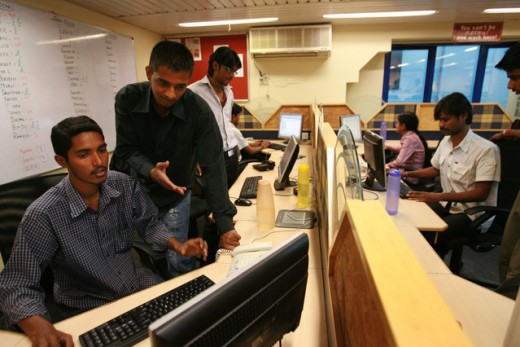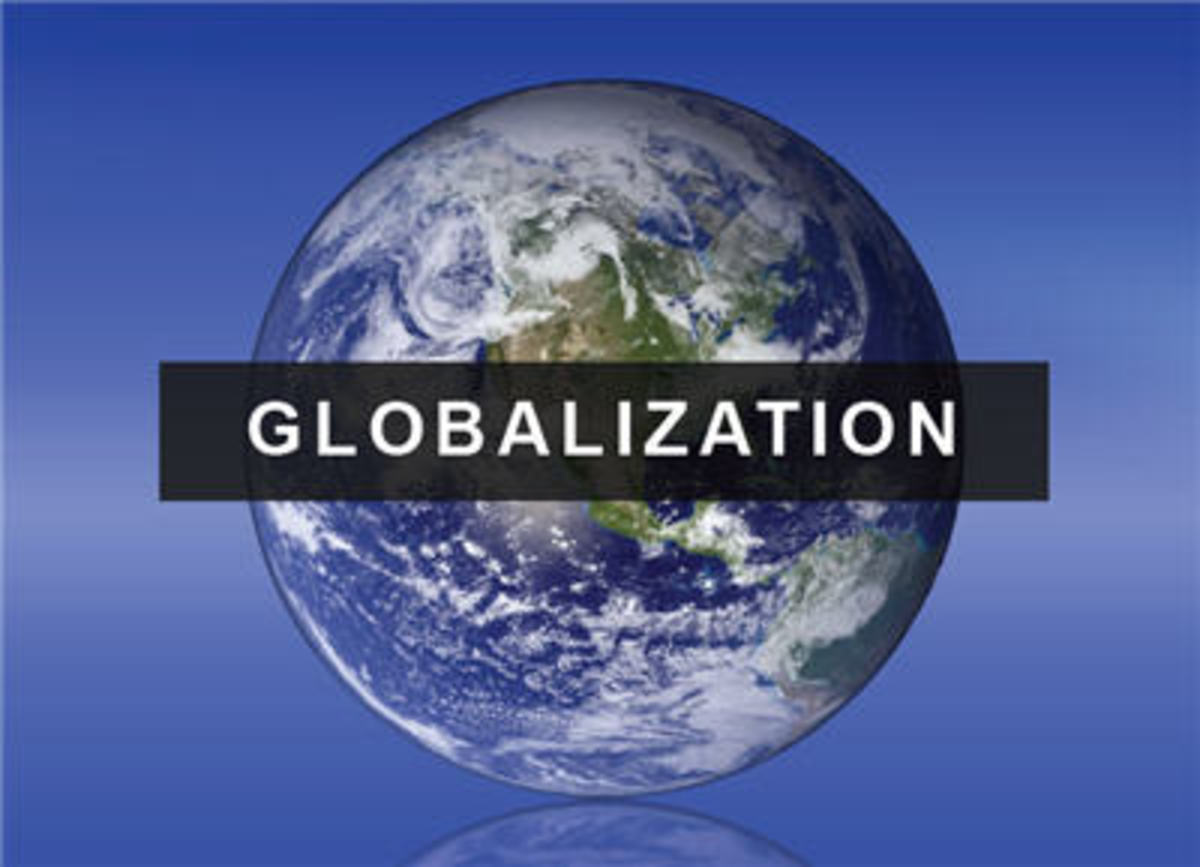India Globalization
India Software Industry

India Software Industry
India’s Software Industry- Globalization
India’s software industry is a very recognized industry of globalization. This industry is known for its skilled labor force and its unique source of mobility. Cross border mobility is an important aspect that industries should obtain to be highly experienced in all different parts of the world. Indian workers who have experience in different countries, are bringing their skills together into Indian workplaces. These skills bring positive results to the skilled migration in different firms.
Indian’s globalization is widely affecting the country and of course the world economy. As a country that is heavily involved in the worldwide market, India brings in products and knowledge from all different countries. Being involved in the worldwide market, brings in many options of investments from a diverse group of companies. Globalization for India also brings connections to cultural preferences of other nations and increases cultural intermingling. Sharing technology of information also helps India become more technologically advanced as they accustom to different techniques. Because all different cultures learn about each other’s cultural preferences and customs, countries are beginning to adopt to other nations preferences.
India is expanding their views and learning more about the culture of other countries and nations. Also, since each country has a large effect on each other, they feel the need to improve problems in other countries since it is affecting them as well. Since countries have to depend on each other more, they are creating and improving their relationships with other countries more than ever. Sharing and improving technology, helps develop India to be more innovative then they were without the help from other countries technologies.
Though globalization seems to bring nothing but good to India, there are also negatives to this process for the country and economy. Many developing countries are hurting because many companies are outsourcing their work to other countries because it is cheaper to run. People who earned jobs in these developing countries are constantly being pressured to be the best they can be because their jobs can easily be taken away from them and transferred. Globalization can also lead to a spread of diseases because workers and companies are constantly being moved and going to different countries and developing countries. Many of these workers live in impoverish conditions and bring these poor conditions into the workplace. People also feel that corporations have a big impact in taking over because a large sum of money is invested in globalization.
The rise of globalization in countries like India, hurt United States because US companies outsource their companies and work into these countries since it is cheaper. However, globalization brings many jobs and high technology software’s to India which brings them up as a competitor. India’s software industry is one of the most technologically advanced foreign industry. The development of the software industry and technology in India has been something politicians and citizens have strived for as it brings success to their country. Many factors affected India and why their software industry became so successful, “… in spite of relatively poor infrastructure and education levels…the inadequacy of infrastructure and education has manifested themselves in an uneven spread of the benefits of this industry, leading to enclave-type development in urban centers in the southern and western parts of the country. While this is improving, the government has to take an active role to ensure a more even spread of the benefits accruing from this industry.” Once success is brought into an industry of a developing country, this should be used as an opportunity to bring success to other industries and companies of the country. Since India suffers from poor education and conditions, a successful software industry, is very important to this technologically developing country.
The future for Indian software industries may not be as bright as they are right now. Non Indian companies are slowly growing and will become just as advanced, if not more advanced as India’s industry. The offshore competition will continue to grow and be a large threat to Indian companies. India must find their own offshore locations that have lower costs so that they are still able to develop their software and technology services. Another reason why India’s future may slow down, is because large, rich companies would be too expensive to function in countries like India. India must continue to focus on creating unique products and services and improving their current technology.
Globalization has been a huge movement in the world, and affects each country different than the next. Many countries are negatively affected by it, like United States, whereas developing countries, like India, has been benefiting from globalization. India’s software industry has been a great success for their country, improving their technology more than ever. This industry has brought them many jobs, and success to the country, greatly helping them financially. Whereas, United States, is negatively affected by this because US companies have been outsourcing to other countries.
Commander, Simon, et al. "The Consequences of Globalisation: India's Software Industry and Cross-Border Labour Mobility." World Economy, vol. 31, no. 2, Feb.2008, pp. 187-211. EBSCOhost
Kambhampati, Uma S. "The Software Industry and Development: The Case of India." Progress in Development Studies, vol. 2, no. 1, Jan. 2002, pp. 23-45. EBSCOhost
Irwin Crookes, Paul C. and John McManus. "China and India Leading a Global
Insurgency within the Software Industry." Global Business and Economics
Review, vol. 15, no. 4, 2013, pp. 417-431. EBSCOhost
Patibandla, Murali and Bent Petersen. "Role of Transnational Corporations in the Evolution of a High-Tech Industry: The Case of India's Software Industry." Multinational Enterprises and Host Economies. Volume 2., Klaus E.
Meyer, Elgar Reference Collection. Globalization of the World Economy series,
vol. 21. Cheltenham, U.K. and Northampton, Mass.: Elgar, 2008, pp. 42-58. EBSCOhost
"Envisioning the Future of India's Software Services Business." Communications of the ACM, vol. 49, no. 10, Oct. 2006, pp. 15-17. EBSCOhost
Patil, Komal. “SocioCosmo: GLOBALIZATION : Good or Bad for Indian and World Economy?” GLOBALIZATION : Good or Bad for Indian and World Economy?
© 2017 Alyssadeleonibus








